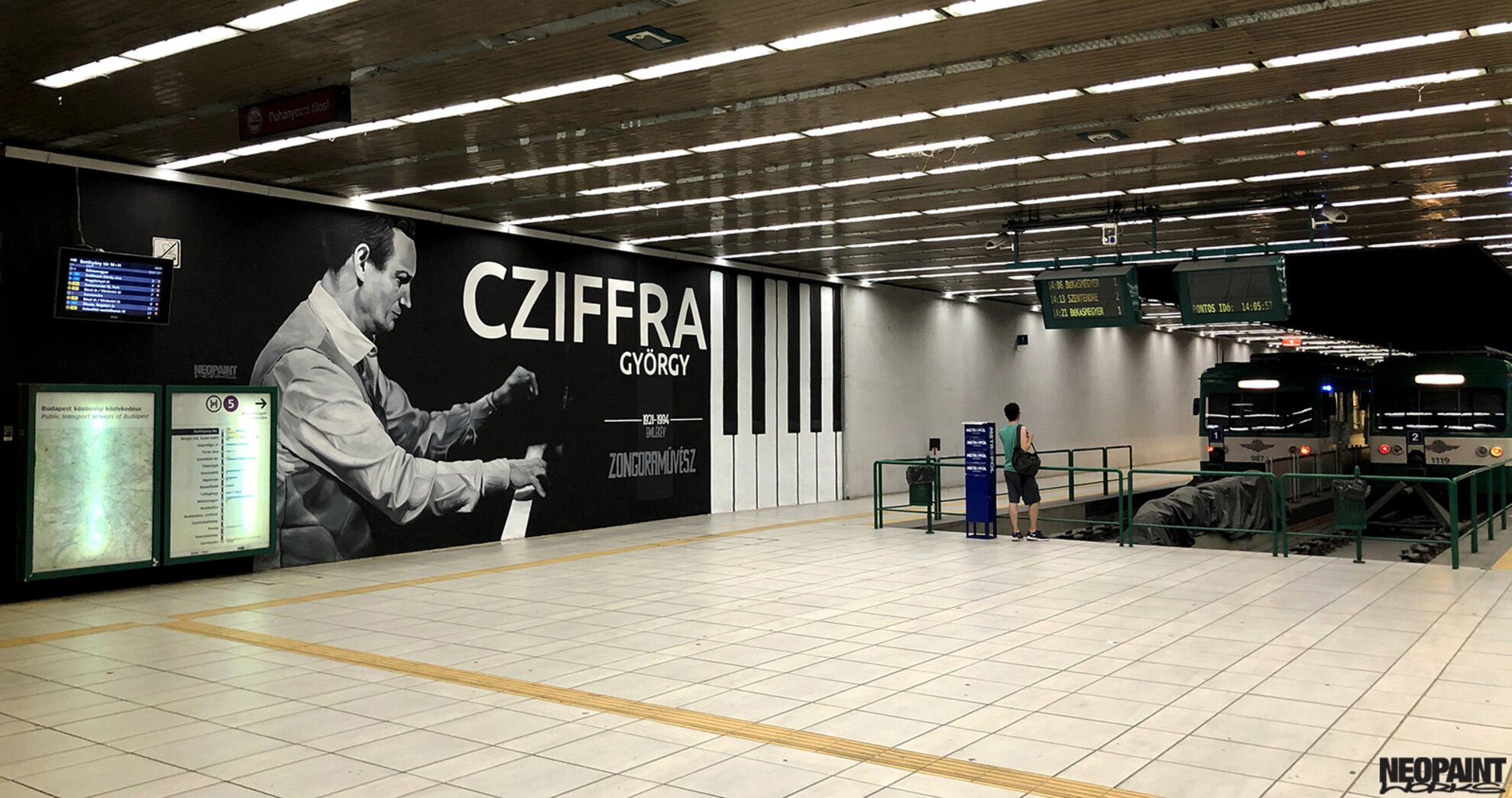Embodying both the genius and the tragedy of any extraordinary Hungarian who lived through the 20th century, impoverished György Cziffra studied at the Franz Liszt Music Academy and was later sent to the Russian Front in World War II. He later did three years’ hard labour but then made it to France where his career really took off…

The talent and faith of György Cziffra
"The life of György Cziffra can serve as an example of how to get to the very top from the very depths, through the innumerable pitfalls of history, with perseverance, talent and faith,” says pianist János Balázs, who is co-ordinating many of the events in this centenary year of the pianist’s birth.
"Cziffra was born into deep poverty and spent his childhood in the 13th District, Angyalföld. His breakthrough genius showed up quite early, but World War II tore him away from his artistic career for a while. Surviving the front, the war, on his return home, he almost re-learned the repertoire, but primarily played the piano in bars."

"In 1950 he tried to leave the country with his family, but was caught and sent to prison, a labour camp. When he was released, he learned to play the piano again in ’53. He left Hungary during the Uprising in 1956.
His name was already known in France, where his international career as a pianist began. In addition to the concert, he set up a foundation, renovating a real living arts centre from his private property into the medieval chapel in Senlis, which he named the Liszt Auditorium."

"His far-reaching, open-minded approach to art in the 21st century is even more relevant than ever: as a classical pianist, he uniquely improvised and moved to other styles, and through his foundation, he loved not only musicians but also fine and applied artists."
A proud Hungarian, a proud European
"Throughout his life, his Hungarianness became his Europeanness – he was as proud of his origins as he was a world-travelling artist and a French citizen.”
The new mural can been seen at the HÉV station at Batthyány tér, where suburban trains leave for Szentendre. For other events connected with the Cziffra centenary, see here.




